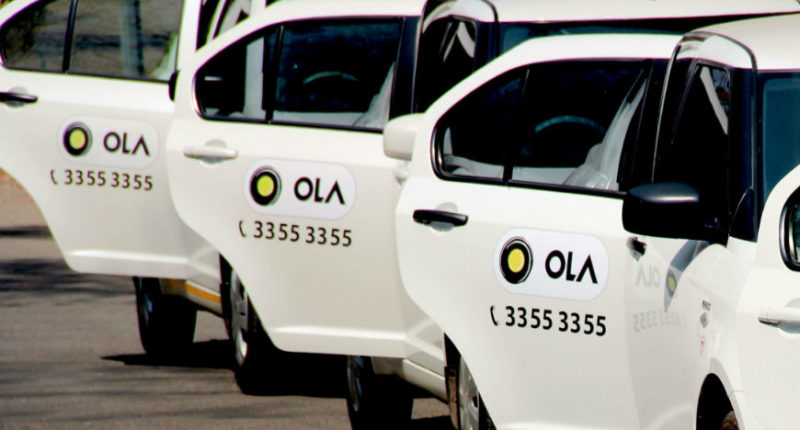Ride-hailing giant Ola, which has vastly diversified since launch, is staring down the barrel of adversity as the global economic slowdown rears its ugly head. In response to it, the company is in the process of laying off close to 1,000 employees, reports Economic Times citing internal company sources and hiring agencies involved in discussions.
It was earlier reported that this number would be around 400-500. The company had also put a hold on its employee appraisal program, internally called ‘Driven’.
The layoffs are reportedly part of a restructuring exercise, which is expected to go on for a few more weeks. The company will be laying off personnel on a performance basis across verticals in its mobility, hyper-local, Fintech and used car businesses. Those targeted for layoffs have been asked to resign voluntarily, and the company has reportedly also put a hold on targeted employees’ appraisal to encourage their resignation.
The move is being attributed to Ola shifting it’s focus to the EV sector, for which it is hiring “aggressively”. The company plans to manufacture lithium ion cells and an electric car, for which it will be hiring four people for every employee laid off. “Ola is planning to hire about 800 people for cars alone and additionally for cell development… Even as they are letting go of people, there are more people coming in. It is a repurposing process for the company rather than a cost-cutting process,” an employee said in a statement.
On the contrary, there have been some moves made which indicate cost-cutting intentions. The company recently scaled down its cloud kitchen arm to integrate it with Ola Dash.
Ola had earlier announced that is was investing $500 Mn in a new battery R&D centre in Bengaluru. The centre is expected to begin operations in August, with a team of 500 engineers and PhD holders.
It hasn’t exactly been smooth sailing on the EV front. While founder Bhavish Agrawal has been ambitiously pursuing his EV dream, the company’s first vehicle, the Ola S1 Pro, has been logging subpar sales of 130-200 per day, largely due to reports of fire incidents and quality control complaints from all across the country.
The Tech Portal is published by Blue Box Media Private Limited. Our investors have no influence over our reporting. Read our full Ownership and Funding Disclosure →






